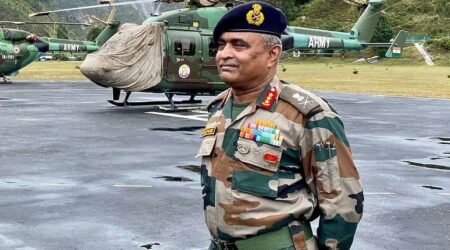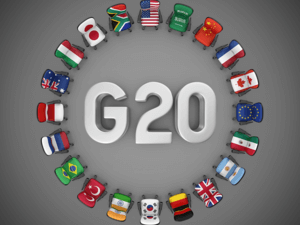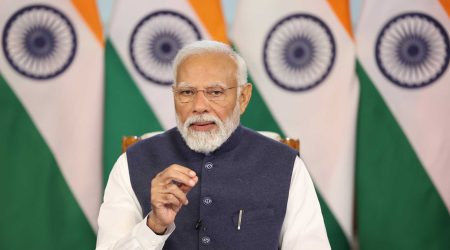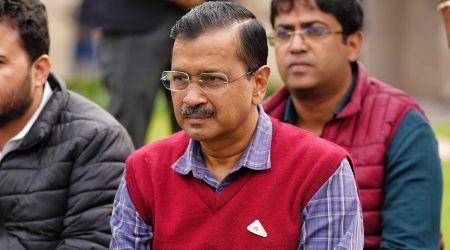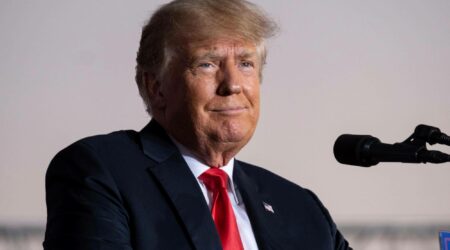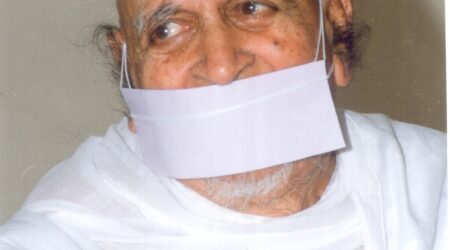Islamabad: Pakistani experts are skeptical about backchannel talks with India even as mediator UAE sets sights on developing a “healthy, functional relationship” between the two neighboring countries, according to reports.
India and Pakistan’s bilateral relations have a fair share of ups and downs. Most recently, the two countries agreed to observe a ceasefire along the Line of Control (LoC) in Jammu and Kashmir.
The move is seen as a positive step forward. However, during a webinar on ‘Back-Channel Talks and India-Pakistan Relations’, at Islamabad Policy Institute (IPI), former defense secretary Lt Gen Asif Yasin Malik (retired), former permanent representative to the United Nations Dr. Maleeha Lodhi, and former envoy to India Abdul Basit put forth their concerns over the back-channel talks being held between India and Pakistan.
Lodhi stressed that “we all seek peace with honor, but not at the expense of compromising our fundamental position on Kashmir”. She said that kind of normalization will “neither be lasting nor would it be politically acceptable to the people of Pakistan”.
Echoing similar sentiments, Malik warned that compromise on Kashmir could not be the price for peace with India.
Basit, on the other hand, insisted that emphasis should be on ascertaining as to what would be the roadmap on Jammu and Kashmir.
“If we get invested into a situation where we agree to another round of formal talks, structural talks, that will take us nowhere. The emphasis at this stage should be on ascertaining as to what would be the roadmap on Jammu and Kashmir,” Dawn quoted Basit as saying.
Last month, the UAE confirmed that it is mediating between nuclear-armed India and Pakistan to iron out their differences on the Kashmir issue.
The Gulf nation’s envoy to the US said that Abu Dhabi had played a role “in bringing Kashmir escalation down, and created a ceasefire, hopefully ultimately leading to restoring diplomats and getting the relationship back to a healthy level,” as reported by The EurAsian Times.
During a conversation with former US National Security Advisor H R McMaster under the aegis of Stanford University’s Hoover Institution, the UAE’s envoy to the US Yousef Al Otaiba was asked as to whether his country was trying to help the two countries have a better relationship. Yousef Al Otaiba replied:
“Absolutely. They might not sort of becoming best friends, but at least we want to get it to a level where it’s functional, where it’s operational, where they are speaking to each other, where there are lines of communication and that’s our goal,” Otaiba said, as quoted by The Indian Express.
“You know we don’t think they’re going to become, you know, Most Favored Nations with each other, but I think it’s important for them to have a healthy, functional relationship, which is exactly our objective,” he added.
The India-Pakistan relations soured in August 2019 after the Indian government scrapped Article 370 that granted special status to Jammu and Kashmir. The state was also bifurcated into two Union Territories — J&K and Ladakh — thereby bringing them under the federal government’s control.
The move irked Pakistan with Islamabad constantly accusing New Delhi of human rights violations and choking freedom of expression of the Kashmiri people. (EurAsian Times)
Kashmir status should not be changed: UNGA President
United Nations: General Assembly President Volkan Bozkir has said that the status of Jammu and Kashmir should not be changed while acknowledging the 1972 Simla Agreement between India and Pakistan making it a bilateral issue.
“I call on all parties to refrain from taking steps that could affect the status of Jammu and Kashmir,” he said at a news conference here.
“I support dialogue and diplomacy, and I encourage both Pakistan and India, neighbors, to resolve this dispute through peaceful means,” he said.



